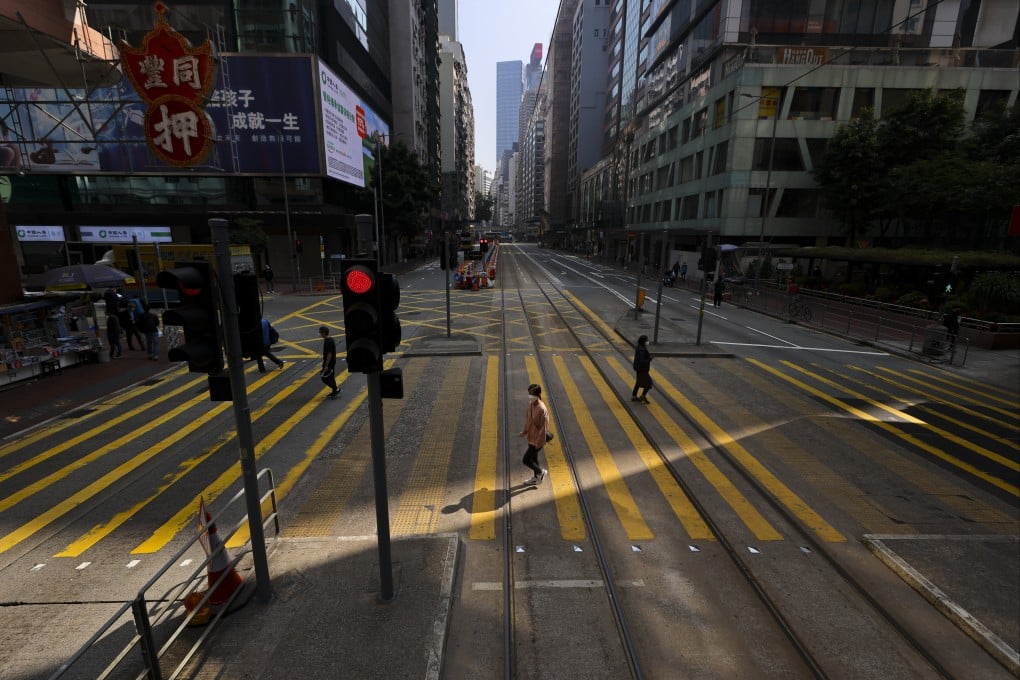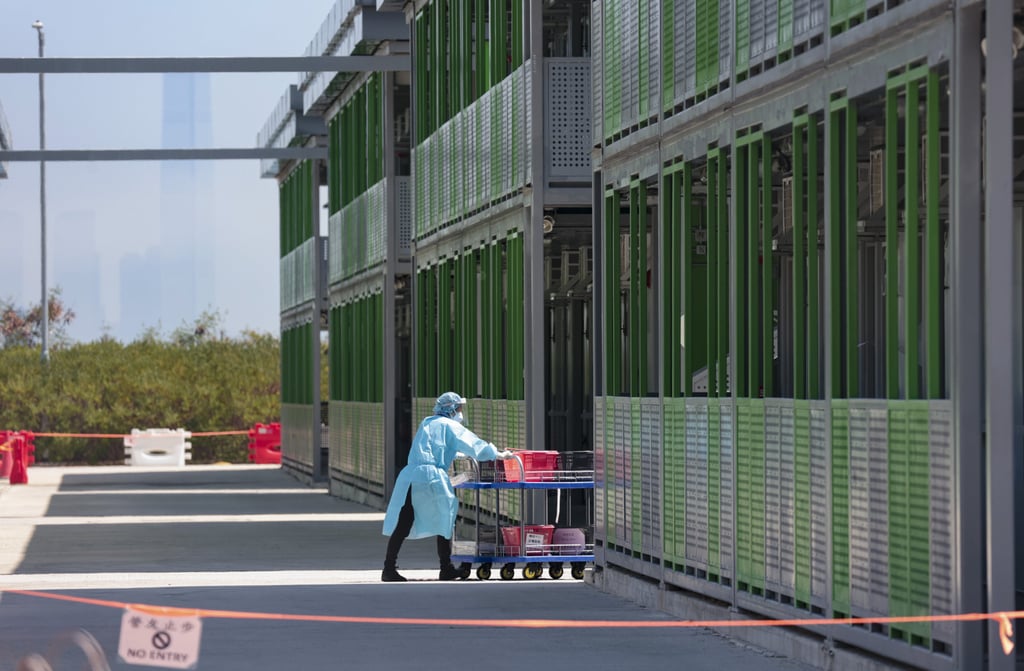Post-traumatic stress, anxiety, depression: how fifth wave of Covid-19 infections has affected Hongkongers’ mental health
- A growing number of residents are experiencing mental health issues under strict Covid-19 isolation and hospitalisation rules
- Mental health organisations have reported an increase in calls for help, saying clients feel exhausted and lonely under social-distancing rules

When Andrew* caught Covid-19, it was not the symptoms of the disease that turned out to be the most harrowing part of the experience.
The Southeast Asian man in his thirties, who was infected in February 2021, says it was having to isolate for over 40 days straight at three different facilities in Hong Kong under government orders that left him feeling traumatised.
Andrew came to the city for work in late 2020 and was first sent to Penny’s Bay for two days after being identified as a close contact from a cluster.
He later tested positive and was transferred to North Lantau Hospital for three weeks, where he described having to follow a “rigid” routine including countless vitals and blood tests that often interrupted rest times.
The city has adopted some of the strictest isolation and hospitalisation rules for coronavirus patients as part of its “zero-Covid” strategy.

To make matters worse, Andrew was forced to undergo another 21-day hotel quarantine upon recovery, after medical professionals accidentally brought an imported patient to his ward who had tested positive for a different variant.